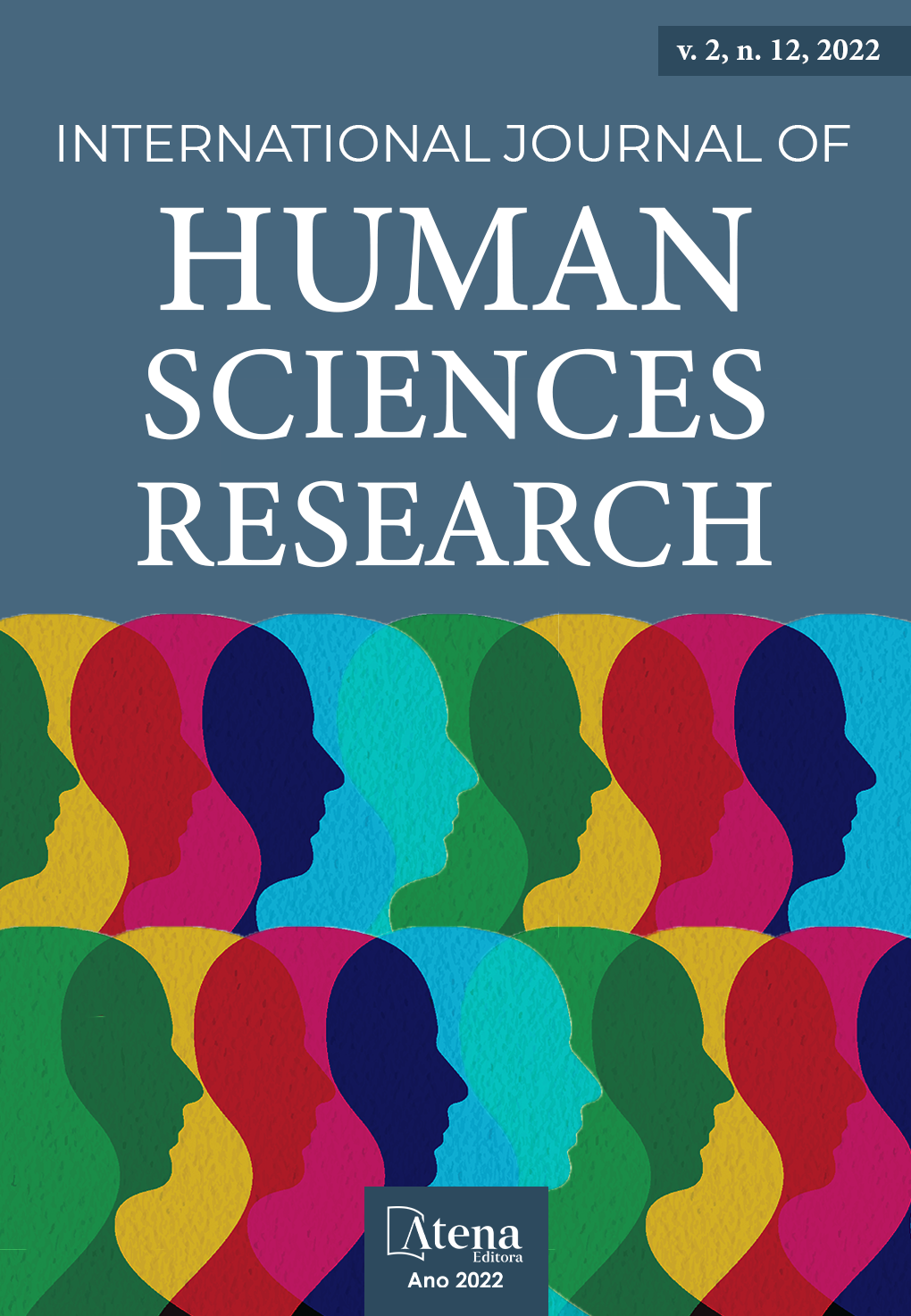
THE CHALLENGES OF “INCLUSIVE EDUCATION” IN PROFESSIONAL TECHNICAL EDUCATION
School inclusion is a delicate and complex process of high importance for a society that needs to develop coexistence strategies that consider the wonderful diversity of its citizens. The inclusive policy, currently, is based on the action of the Libras interpreter, as most teachers are not qualified to welcome this clientele. The research that originated this article sought to identify the difficulties of inclusion of the deaf student in the Vocational Technical Education of the Federal Institute of Piauí - IFPI from the analysis of the social representations of servers and students on the subject. Forty-five (45) questionnaires were applied to identify social representations regarding the inclusion of deaf students on campus, generating 72 (seventy-two) evocations. The analysis was based on the theory of the Collective Subject Discourse and used DSCsoft2.0 (Tolteca). Inclusion is linked to equality - it was the strongest evocation. Listeners and non-hearers are in fragile territory in the construction of an effective communication process, and the Libras interpreter is the interface between these two worlds, with an urgent need to improve their working conditions, considering programs for the prevention of occupational diseases and expansion of the framework of these professionals. For teachers, Inclusion needs to be linked to a “dignified education” that creates opportunities for the development and autonomy of students, and that gives them the opportunity to enter the job market. This requires serious planning, adequate training and investments in improving educational instruments and environments.
THE CHALLENGES OF “INCLUSIVE EDUCATION” IN PROFESSIONAL TECHNICAL EDUCATION
-
DOI: 10.22533/at.ed.5582122215052
-
Palavras-chave: Inclusive education, Vocational education, social representations.
-
Keywords: Inclusive education, Vocational education, social representations.
-
Abstract:
School inclusion is a delicate and complex process of high importance for a society that needs to develop coexistence strategies that consider the wonderful diversity of its citizens. The inclusive policy, currently, is based on the action of the Libras interpreter, as most teachers are not qualified to welcome this clientele. The research that originated this article sought to identify the difficulties of inclusion of the deaf student in the Vocational Technical Education of the Federal Institute of Piauí - IFPI from the analysis of the social representations of servers and students on the subject. Forty-five (45) questionnaires were applied to identify social representations regarding the inclusion of deaf students on campus, generating 72 (seventy-two) evocations. The analysis was based on the theory of the Collective Subject Discourse and used DSCsoft2.0 (Tolteca). Inclusion is linked to equality - it was the strongest evocation. Listeners and non-hearers are in fragile territory in the construction of an effective communication process, and the Libras interpreter is the interface between these two worlds, with an urgent need to improve their working conditions, considering programs for the prevention of occupational diseases and expansion of the framework of these professionals. For teachers, Inclusion needs to be linked to a “dignified education” that creates opportunities for the development and autonomy of students, and that gives them the opportunity to enter the job market. This requires serious planning, adequate training and investments in improving educational instruments and environments.
-
Número de páginas: 12
- Mairla Teles


